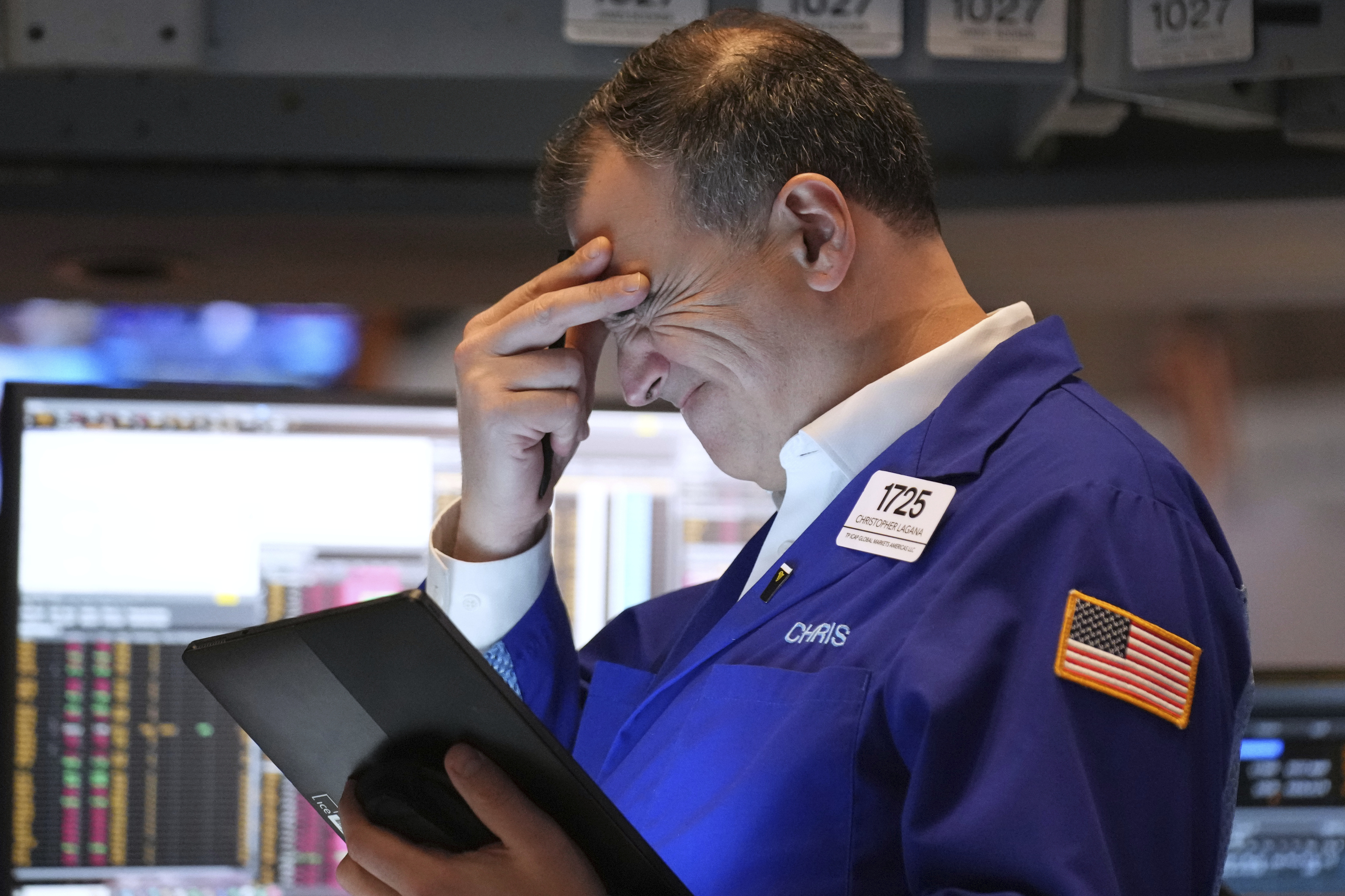Donald Trump will go down in history - among other things - for being the first president capable of receiving a market at all-time highs and plunging it into a correction of over 20% since taking office for his second term on January 20. No other US president has caused a similar market debacle. Since April 2, dubbed as 'D-Day' or 'day of liberation,' when Donald Trump, chalk in hand, initiated an unprecedented trade war, global markets have been experiencing losses of around 12% in Europe and the US, but, above all, they must manage such high volatility not seen since March 2020, during the market crash due to the Covid-19 pandemic.
A clear example of this was seen yesterday when the Trump Administration decided to announce a "pause" of 90 days in its tariff policy announced just five days ago, which theoretically was set to take effect this same Wednesday. Now, the US will apply a 10% rate for 75 countries and increase tariffs against China to 125%, marking the second increase in 24 hours from the initial 54%.
In the stock market territory, the well-known fear index, the US Vix, reflects the uncertainty, investor doubts, or how volatility had doubled in a week to over 50 basis points until the late announcement on Wednesday afternoon, with oil plummeting and investors fleeing from stocks and the debt market where they also found no refuge... and this paints a picture of a global recession sooner rather than later because what a globalized world dislikes is a trade war that will harm the main engine of the economy, consumption: 70% of the US economy. "There will be blood," said the US bank JP Morgan last week, but it will not reach Europe, clarify its analysts, although they continue to lower growth forecasts for the Eurozone, which will "manage to avoid" a recession this year in any case. This was the scenario 24 hours ago because last night Donald Trump changed course again.
In just five sessions, the main markets have lost over 12%, still far from the major crises of the 21st century, but with such a sharp decline reminiscent of recent market collapses. The S&P 500 had dropped over 20% since Trump began his second term until the last-minute surge on Wednesday; this represents a third of the nearly 60% losses Wall Street suffered in the great financial crisis of 2008 and is dangerously close to the 35% drop the index experienced during the three black Mondays that occurred between February and March 2020 due to the pandemic outbreak.
Analysts believe that the impact of the trade war will be concentrated in the US and China, as it happened - although to a lesser extent - between 2018 and 2019 when both countries engaged in another trade conflict with tariffs on steel and other metals from the Asian giant, flooding Europe with cheaper products as collateral damage. However, it is still too early to measure its magnitude. China responded yesterday with an extraordinary 104% tariff. On the other hand, the European Union approved another 25% levy on certain US products, such as fruits and vegetables, tobacco, or steel.
So far, despite being volatile, the European stock market has lost 13% of its value in the last five sessions; and the Ibex 35 has retreated by 12%. The financial sector is one of the most affected due to its cyclical nature as it is the first to anticipate a recession, but companies with business in the US - like Grifols or Fluidra, particularly hit in the domestic market yesterday - tourism, or companies closely tied to the debt market, such as real estate firms (Merlin Properties, Colonial, or reits like Cellnex) are also feeling the impact, as a drop in bonds does not benefit them. However, not the entire market is declining. Investors are seeking shelter in the German bund, a traditional move, and are selling US debt. The US ten-year bond is trading around 4.4%, a one-month high. While not confirmed, the market suggests that it is China, the second-largest holder of US debt after Japan, who may be offloading their US bond reserves to harm the Trump Administration. The US bond market is estimated at $28 trillion. The question now is what will happen next as Donald Trump has once again changed the game plan.
